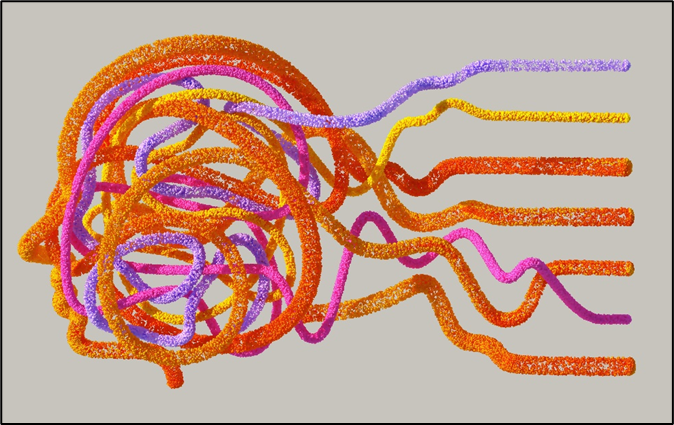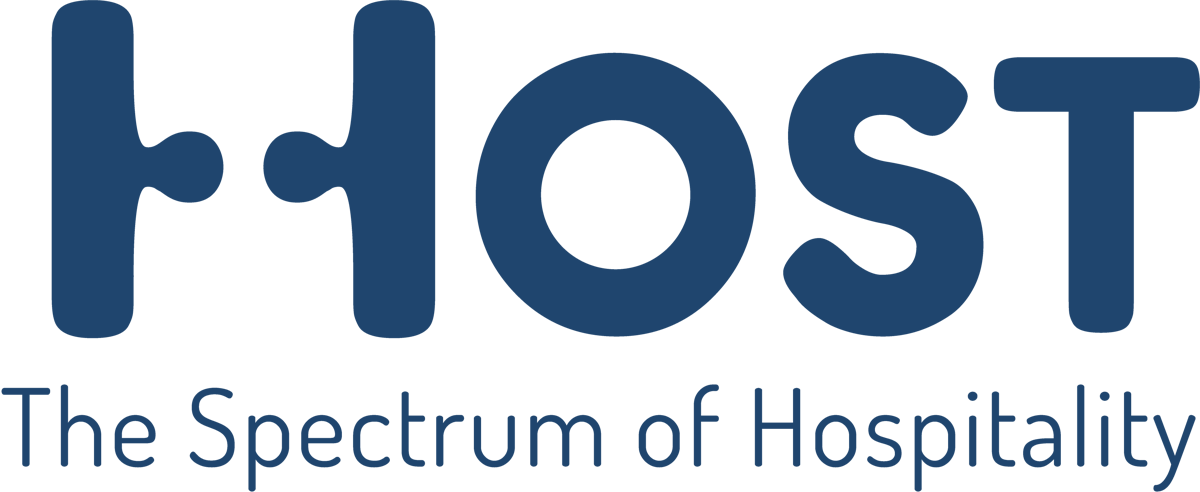Understanding the Dynamics of Neuro-diverse Teams in the Workplace

Autism introduces a unique blend of strengths and
challenges in the workplace. Recognising and understanding these nuances can
pave the way for a more conducive work environment. For example, individuals
with autism often have their distinct communication styles. That is, they might
prefer clear and direct instructions, and sometimes, visual aids too can be a
great help to them. The sensory experiences, which are a constant in the
bustling environment of hospitality, can be particularly intense for some with
autism. For this purpose, simple adjustments, like modifying the lighting or
creating quiet zones, can enhance their comfort. Additionally, social
interactions, which are the essence of the hospitality sector, can pose
challenges. Ensuring interactions are structured and predictable can make a
world of difference.
Before implementing any strategies, it is important that
all team members have a basic understanding of autism. Simple training sessions
can be a starting point, fostering understanding among the team. Communication,
especially in the hospitality sector, needs to be crystal clear. For those with
autism, this could mean a preference for written instructions or the use of
visual aids to ensure there's no room for ambiguity. The dynamic environment of
hospitality can be overwhelming in terms of sensory inputs. Thoughtful
considerations, like creating a quiet corner can be beneficial. Moreover,
change, while inevitable, can be unsettling for some. Maintaining a routine or
giving a heads-up about upcoming changes can help in making transitions
smoother. Lastly, every team member, irrespective of their role, is vital.
Ensuring everyone feels valued can be achieved through team activities and
regular feedback sessions.
For managing neurodiverse teams effectively, managers in hospitality should ensure that constructive feedback is:
- Clear
- Specific
- Centered on behavior rather than personal attributes.
- Highlighting strengths while addressing areas for improvement fosters growth
- Helpful for aligning team members with organizational objectives
For individuals with autism, feedback that is direct and free from ambiguities can be particularly beneficial, guiding their professional development and ensuring they remain aligned with team goals.
